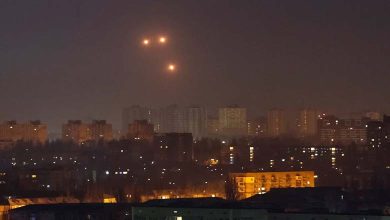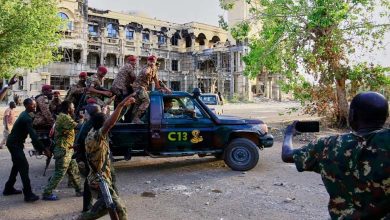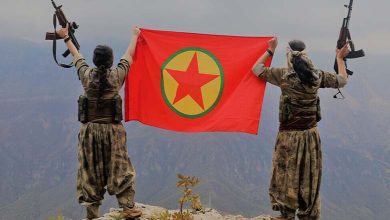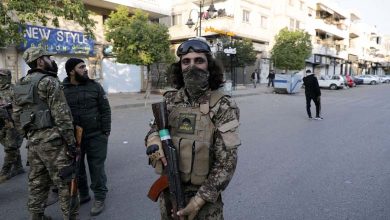Global Calls to Save Sudan: War Challenges and Humanitarian Dilemma
Global Calls to Save Sudan
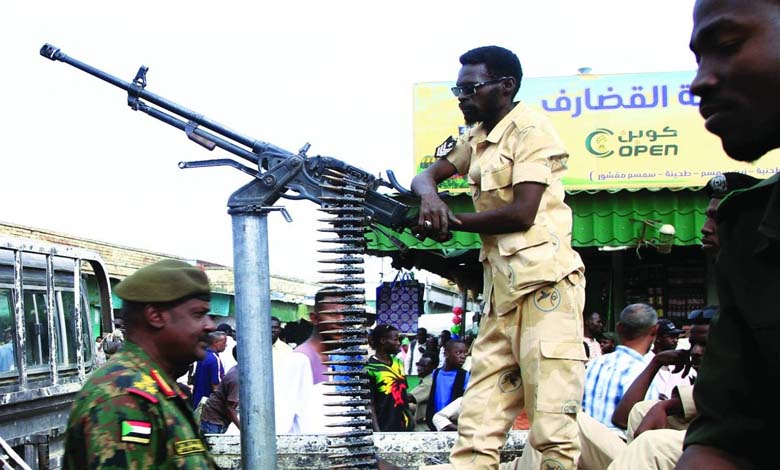
In an emergency session of the United Nations Security Council held in New York on Friday, Council members issued stern warnings about the deteriorating situation in Sudan, noting that the country is heading towards a dangerous impasse and a protracted conflict that could lead to state collapse and have negative ramifications for the entire region.
American Condemnation of Conflict Parties
During the session, blame was directed at the military leadership and the Rapid Support Forces for the current deterioration of the situation, with emphasis on the need to pressure the conflicting factions to engage in dialogue.
US Ambassador Robert Wood stated, “Last year, two rival generals led their armies into the battlefield, plunging Sudan into a spiral of death, destruction, and chaos that continues to this day.”
He added, “These two generals, who led a military coup in 2021, have obstructed Sudan’s democratic transition and continue to stand as obstacles to achieving a better future for the Sudanese people.”
Wood called on both sides to immediately cease hostilities and return to peace negotiations without delay, noting the ongoing plans to resume talks in Jeddah in early May, under the auspices of Saudi Arabia and the United States, as well as Egypt, the United Arab Emirates, the Intergovernmental Authority on Development (IGAD), and the African Union. Speakers pledged to support the Sudanese people in determining their fate and restoring the democratic process.
Political Efforts
On her part, Rosemary DiCarlo, Deputy Secretary-General of the United Nations for Political Affairs and Peacebuilding, described the Sudanese crisis as a “crisis of epic proportions entirely man-made,” stressing the failure of the parties to protect civilians.
She announced that the United Nations is ready to intensify its efforts with its international partners – including the African Union, IGAD, the League of Arab States, member states, and key partners – to end hostilities and support effective and comprehensive international mediation.
She noted that Ramadan Lamamra, the Personal Envoy of the UN Secretary-General, is working with national, regional, and international parties to enhance coordination of mediation initiatives.
DiCarlo called on all warring factions to abide by international law and the Jeddah Declaration and to protect civilians, urging maximum restraint to avoid further violence.
In the same context, Mohamed Ben Chambas, the African Union’s representative, highlighted that the war had set Sudan back decades, affirming that “rebuilding Sudan to its pre-war state will take more than a generation.”
He emphasized that the conflict had led to serious violations of international human rights law, international humanitarian law, and the laws governing warfare.
He added, “The war must stop, and the Jeddah talks must resume quickly with full African Union participation to achieve an unconditional ceasefire to end the suffering of the Sudanese people.”
Humanitarian Crisis in Sudan: Urgent Calls for Action
In light of Resolution 2724, speakers at the Security Council emphasized the urgent need to ensure immediate and unimpeded access to humanitarian aid, welcoming the donor commitments announced at the recent Paris conference, totaling $2.1 billion to support humanitarian efforts, and calling on UN agencies to accelerate aid delivery to the Sudanese people.
Edem Wosornu, Director of Operations at the United Nations Office for the Coordination of Humanitarian Affairs (OCHA), spoke about the critical situation facing Sudanese amid deteriorating humanitarian conditions. With the approach of the dry season, approximately 18 million people are at risk of severe famine, a number expected to worsen. He added, “To prevent a humanitarian catastrophe, concerned parties must take immediate steps to facilitate access to humanitarian aid, in accordance with international law.”
He emphasized the urgent need to expand support for the protection of humanitarian workers, provide more funding, and secure international engagement to halt violence.
Serious Consequences of the Conflict
The conflict in Sudan has led to catastrophic loss of life, with over 14,000 people killed and thousands injured, and more than 8.6 million people displaced, including 1.8 million refugees. The war has turned the country into a hellish scenario, leaving nearly 25 million Sudanese in desperate need of humanitarian assistance, with three-quarters of them suffering from severe food insecurity.
The escalating violence in recent weeks poses a direct threat to the lives of 800,000 civilians in El Fasher and risks sparking further clashes in other areas of Darfur, where over 9 million people live in dire conditions.




